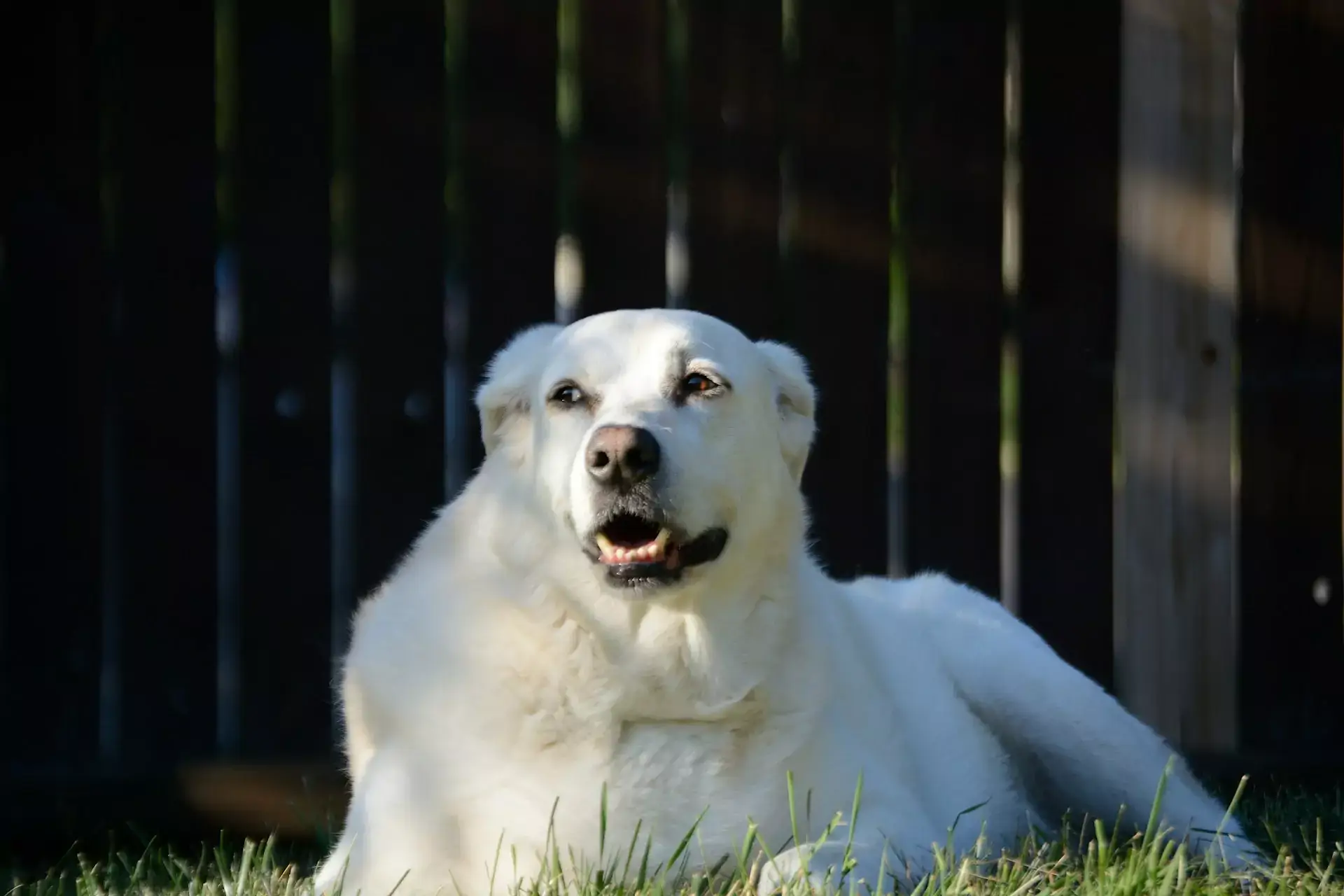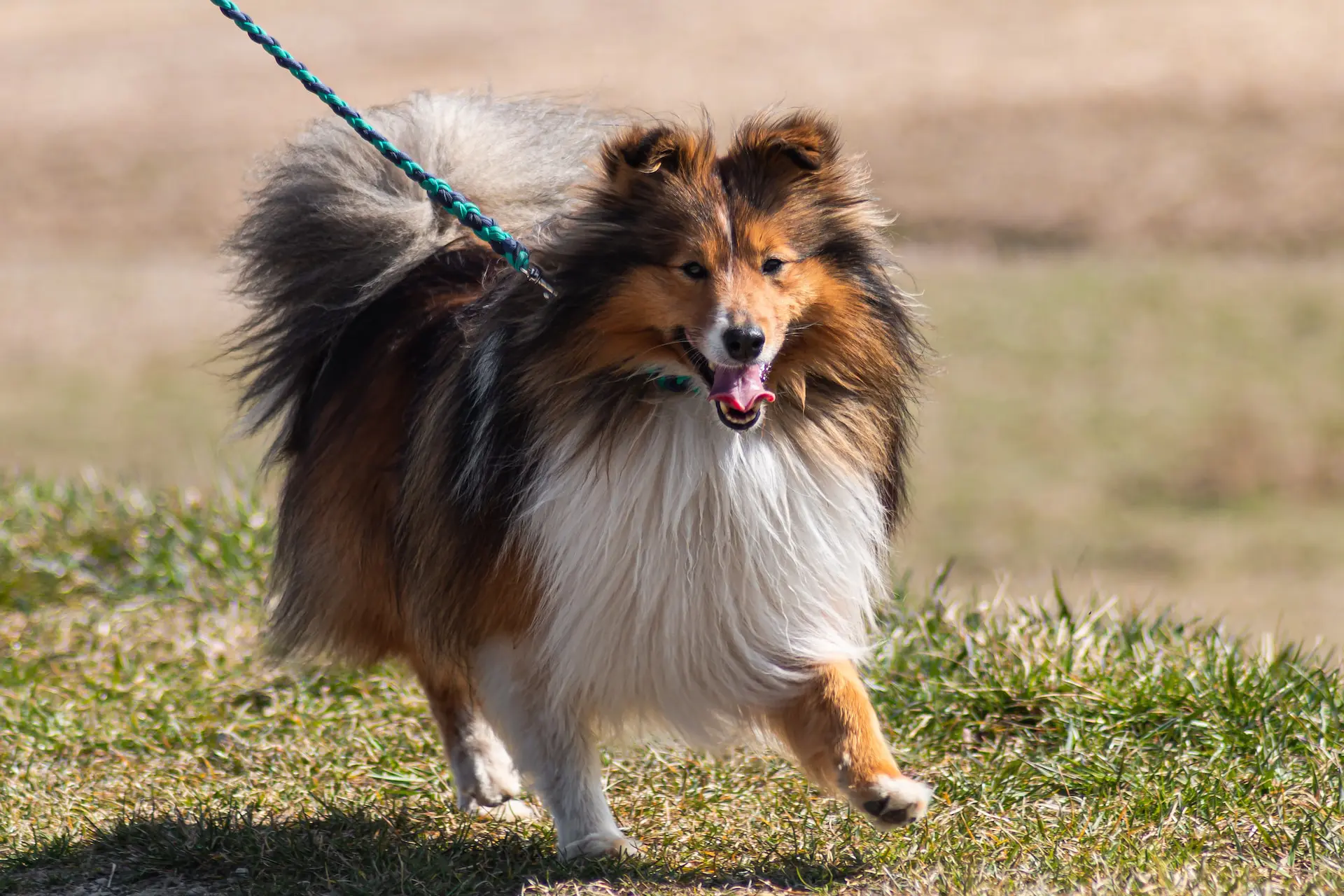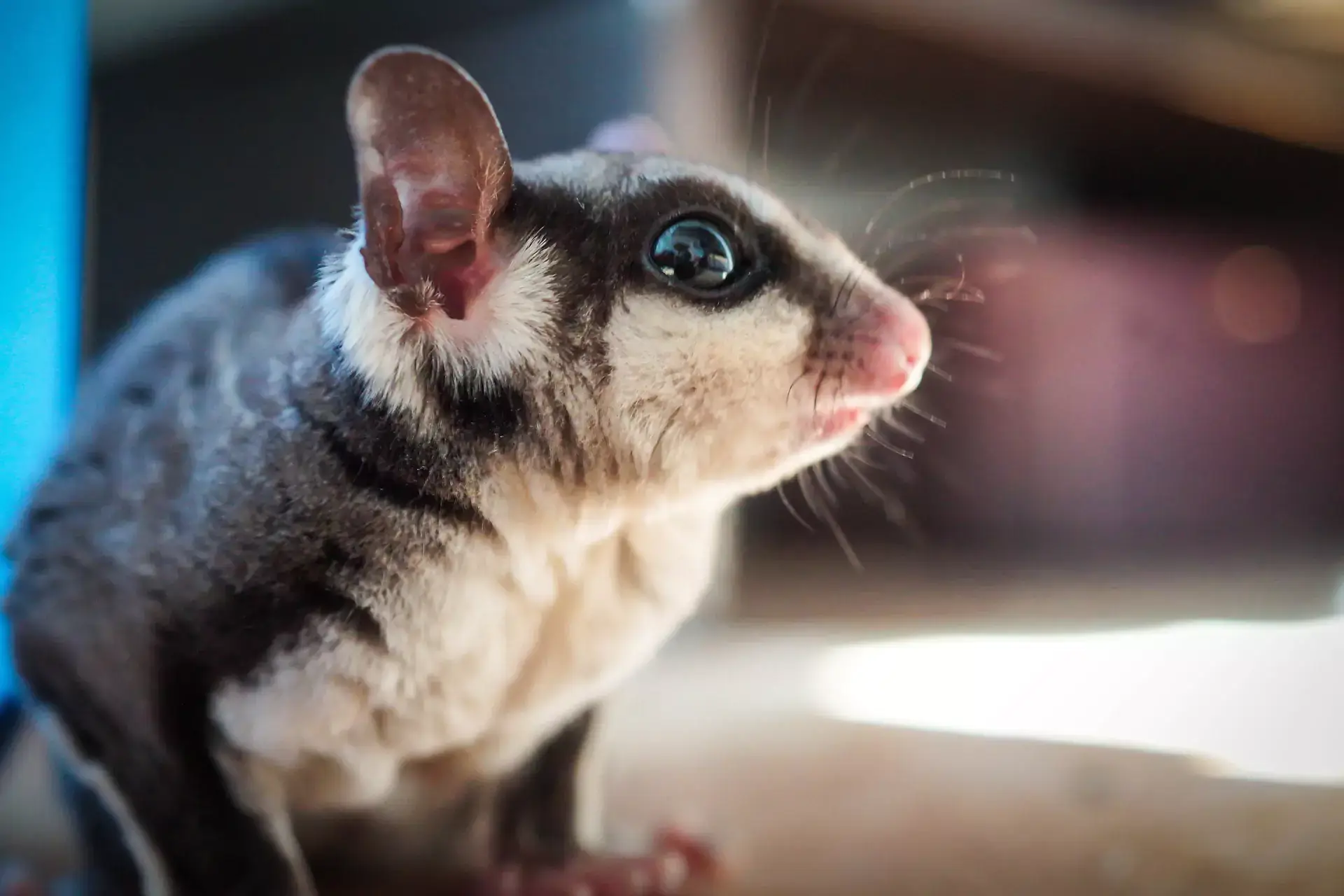Barbecue Pet Safety
Do you enjoy grilling out? One great thing about life in the Sunshine State is the fact that we can enjoy barbeques pretty much all year. Many of our furry pals love to hang out with their humans at grillouts, collecting ear scritches and, of course, treats. Just put your pet’s safety first! Here, a Fort Myers, FL vet offers some tips on keeping your four-legged friend safe at barbeques.
Food
Food is one of the biggest concerns here. Your furry buddy may happily snap up anything that is offered to them. Unfortunately, many of the things you’ll find at the average grillout are toxic to pets. Meat on the bone is a big concern, particularly for dogs. Cooked bones snap very easily. This makes them huge choking hazards! Other foods to be careful of include garlic and onions; grapes, currants, and raisins; avocadoes (even as guacamole); chocolate; caffeine; raw dough; alcohol; raw meat; fat trimmings; and anything that contains xylitol.
Trash
Trash is another thing to be careful with. Fido sometimes goes through the garbage looking for leftovers. This can be very dangerous, as the trashcan could contain things like bones, can lids, skewers, fat trimmings, tin foil, and other hazards. Fluffy is less likely to go for the garbage, but she may jump onto the table and eat from abandoned plates. Pick up immediately after everyone has finished eating.
Parasites
Ticks, fleas, and mosquitoes may also show up for dinner. No one wants these uninvited guests around! Keep up with your fuzzy buddy’s parasite control regimen.
Comfort
Keep a close eye on your four-legged pal, and don’t let him get too hot. The most important thing here is to make sure that your pet has plenty of water. Fido should also have access to shade and/or rooms cooled by fans or air conditioners. As for Fluffy, we just recommend keeping her indoors. Kitties are much safer inside!
Chemicals
Lighter fluid, tiki oil, bug spray, and tanning lotion are all toxic to pets. Keep these out of paws’ reach!
Mishaps
Fido and Fluffy can both get into trouble if they are underfoot. Don’t let your pet get close to the grill! There’s also a chance that your furry bff could get stepped on, or slip out an open gate.
Our Advice on Barbecue Pet Safety in 2024
What common barbecue foods are toxic to pets?
Common barbecue foods toxic to pets include meat on the bone, which can break and become choking hazards. Additionally, garlic, onions, grapes, currants, raisins, avocadoes (even in guacamole), chocolate, caffeine, raw dough, alcohol, raw meat, fat trimmings, and anything containing xylitol are harmful. These items can cause various health issues ranging from digestive distress to more severe conditions like pancreatitis or poisoning. Always ensure pets are given safe, appropriate treats and keep hazardous foods out of their reach during grill outs.
How can you protect your pet from fleas, ticks, and mosquitoes at a barbecue?
To protect your pet from fleas, ticks, and mosquitoes at a barbecue, maintain a consistent parasite control regimen recommended by your veterinarian. This includes topical treatments, oral medications, or collars designed to repel and kill these pests. Keep your pet away from tall grasses and stagnant water where these parasites thrive. Ensure the barbecue area is clean and free from debris that can harbor insects. Regular grooming can also help identify and remove any parasites before they become a problem.
What are the exact signs of pet poisoning from barbecue foods?
Signs of pet poisoning from barbecue foods can vary but typically include vomiting, diarrhea, excessive drooling, lethargy, and loss of appetite. More severe symptoms may involve tremors, seizures, abnormal heart rate, and difficulty breathing. These signs can manifest within minutes to hours after ingestion of toxic substances like chocolate, xylitol, or certain foods mentioned. Immediate veterinary attention is crucial upon noticing these symptoms. For residents near Fort Myers, FL, our veterinary clinic offers comprehensive care for such emergencies, ensuring prompt treatment to mitigate risks associated with food poisoning.
What are some safe snacks to provide pets as an alternative to human barbecue food?
Safe snacks for pets during a barbecue include small pieces of plain, cooked meats like chicken or turkey without any added seasoning or sauces. Carrot sticks, apple slices (without seeds), and cucumber slices are healthy, pet-friendly vegetable and fruit options. It’s important to avoid toxic foods such as onions, garlic, grapes, and anything containing xylitol. Offering these safer alternatives allows pets to participate in the festivities without risking their health. Always ensure snacks are appropriate for your pet’s specific dietary needs, and consult your veterinarian for personalized advice.
How can you keep your pet calm if there are fireworks at the barbecue?
To keep your pet calm during fireworks at a barbecue, create a safe, quiet space indoors away from the noise, possibly with sound insulation like closed windows and background music or a TV. Provide their favorite toys and bedding for comfort. Consider anxiety-reducing pet apparel or calming supplements, as recommended by your veterinarian. Practice desensitization techniques prior to the event by gradually exposing your pet to recorded firework sounds. Lastly, ensure your pet has proper identification in case they escape due to fear. Consult your local Fort Myers veterinary clinic for more tailored advice.
Contact us, your Fort Myers, FL veterinary clinic, anytime! We’re dedicated to offering top-notch veterinary care!





